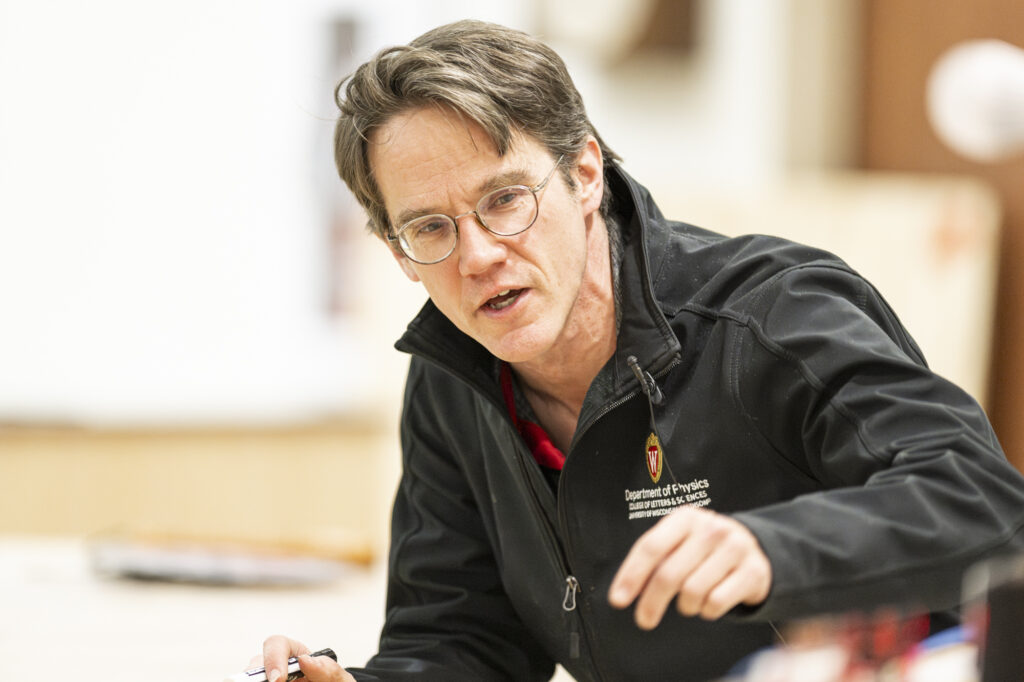This fall, the U.S. Department of Education awarded the UW–Madison department of physics with Graduate Assistance in Areas of National Need (GAANN) fellowships. These fellowships will assist graduate students with strong academic records who demonstrate financial need. Fellows must also demonstrate a commitment to improving their teaching. GAANN has identified seven Areas of National Need, including physics.
“Advances in physics research have far-reaching implications: they strengthen scientific leadership, lead to innovations, address STEM workforce needs, and ultimately benefit society as a whole,” says Tulika Bose, professor of physics and GAANN project director at UW–Madison. “The fellowship opportunities awarded through this program will enable us to provide new opportunities to deserving incoming or continuing students. We hope it will attract low-income students into our graduate program since the attractiveness of a fellowship offer could potentially tip the balance towards graduate study in physics for some of the extremely bright undergraduate physics majors who otherwise might decide to pursue careers in non-physics disciplines.”
Nine GAANN fellowships will be available annually for three years to current or incoming physics doctoral students. Students selected for fellowships must demonstrate both financial need and an interest in improving their physics teaching, and they may pursue any area of physics research. The department is working with the Office of Financial Aid to assess need.
Students must complete at least one academic year of supervised training in instruction at the undergraduate or graduate level at the schedule of at least one-half-time teaching assistant. They can choose from several options for enhancing their teaching portfolio by taking advantage of teaching assistant training sessions, trainings with the Physics Learning Center, or Delta Program certification or courses. They will also be provided professional development activities designed to enhance their skills and build their professional networks
The UW–Madison Graduate School will fund one of the nine fellowships as well as provide funds for professional society membership and conference attendance. The College of Letters & Science and the Department of Physics will support recruiting activities and fund a program evaluation to be conducted by the Wisconsin Center for Education Research.
Current or incoming students can learn more about the Physics GAANN program at https://www.physics.wisc.edu/graduate/phd-program/gaann/.
The GAANN Fellows program is supported by a grant from the U.S. Department of Education (PHYSGRAD-AID: PHYSics GRADuate Fellowship for Accelerating Innovation & Discovery – Award # P200A240159), the University of Wisconsin–Madison Graduate School, the College of Letters & Science, and the Department of Physics.

